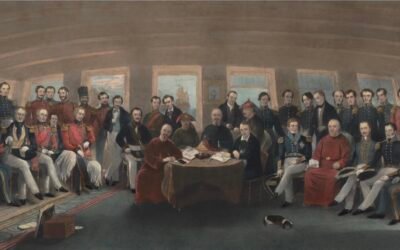Artificial intelligence makes the appeal to conscience as the universal moral compass not less but more urgent. This is a fundamental message of Tai Ji Men.
by Lillian Lin
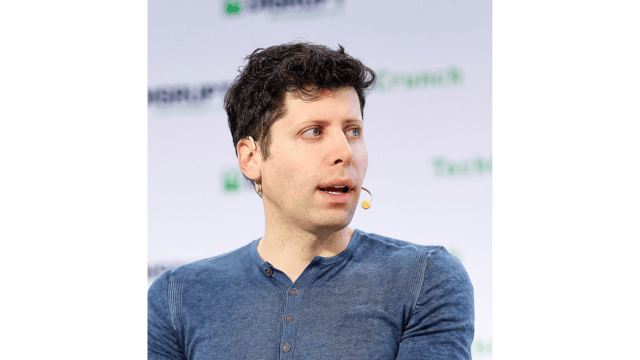
Introduction
Whether humanity is prepared or not, the age of Artificial Intelligence (AI) has unobtrusively commenced, ushering in an era characterized by both unprecedented promise and profound challenges. As OpenAI CEO Sam Altman soberly cautioned, “If this technology goes wrong, it can go quite wrong.” This rapid technological advancement compels a critical moment of self-reflection: What constitutes the true value of humanity? And where, ultimately, is society collectively headed?
In a swiftly evolving global landscape, religion—a venerable custodian of human culture and values—faces both novel challenges and significant opportunities. This discourse explores how Generation Z’s cultural awakening, arising amidst the ascent of AI, can harness conscience as a pivotal force to bridge generations, faiths, and the future.
Hearts in the Machine Age
Merely a few years ago, inquiries were routinely directed to Google for answers; today, individuals access ChatGPT or other familiar AI tools, shifting from web browsing to direct interaction with intelligent systems. This represents an unprecedented transformation. As digital natives, Generation Z has matured amid ubiquitous internet connectivity, smartphones, and algorithmic influences. While technology confers significant convenience, it also engenders a pervasive sense of confusion and disengagement. This phenomenon prompts introspective inquiry: In an era of relentless advancement, what enduring elements remain, and what irreplaceable values may have been lost?
Sociologist Sherry Turkle has observed, “We’re more connected than ever—but we’re also more alone” (“Alone Together: Why We Expect More from Technology and Less from Each Other,” New York: Basic Books, 2011). Generation Z does not suffer from a deficit of information, but rather from a lack of direction. Although familiar with pathways to material success, many struggle to discern how to lead fulfilling lives. Maslow’s hierarchy of needs reminds us that human fulfillment transcends the material; the highest aspiration lies in self-actualization and the pursuit of meaning. This constitutes the genesis of Generation Z’s awakening: a profound yearning for purpose and a sense of belonging.
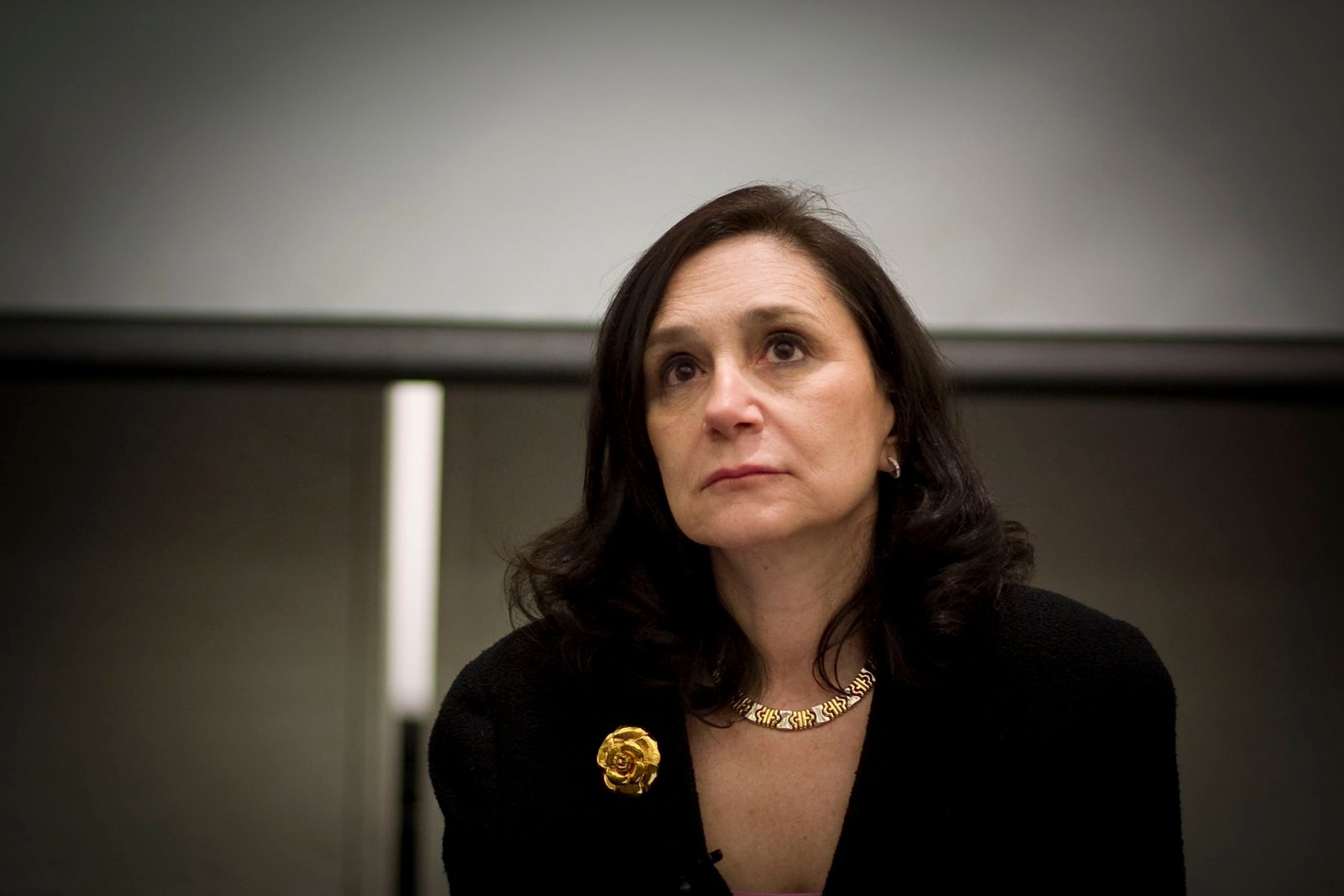
At the age of ten, while many of my peers were immersed in video games and social media, I chose to commence the practice of breath and energy harmonization alongside my parents within an ancient menpai (akin to a lineage with spiritual discipline), Tai Ji Men. Through Qigong, I discovered inner peace and a profound sense of moral guidance amidst life’s inherent complexities.
A Hyperconnected yet Disconnected World
For Generation Z, anxiety, loneliness, and identity confusion are not isolated individual struggles; they manifest as pervasive collective realities. Inhabitants of an “always online” society often feel fundamentally misunderstood. Social media algorithms tend to channel users into curated personas and filtered realities. While adept at presenting idealized versions of themselves, many lack the tools for authentic self-expression and emotional vulnerability. A deep craving for genuine connection lies beneath the surface of emojis and ephemeral digital stories.
In response to this prevalent spiritual void, individuals adopt diverse strategies. Some gravitate towards activism, seeking meaning through collective action and social change. Others embrace minimalism, hoping to achieve freedom by divesting from material accumulation. Still others, including myself, turn toward cultural roots, spiritual disciplines, and inner conscience—in a quest to rediscover the fundamental values of existence. This endeavor transcends a mere personal search; it embodies a cultural reclamation and a spiritual reawakening. This experience demonstrates that reconnecting with traditional wisdom and conscience can restore meaningful relationships with both individuals and society.
Conscience: The Most Vital Code of the AI Era
So, what precisely constitutes conscience?
It is an intrinsic moral compass, enabling discernment of right from wrong and truth from falsehood, even without external observation. Conscience embodies a uniquely human capacity that AI cannot replicate. While AI surpasses human computation and data processing capabilities, it cannot authentically experience empathy, make genuine moral judgments, or comprehend the pursuit of meaning.
Just as UNESCO actively promotes intercultural dialogue to foster mutual understanding, respect, and peaceful coexistence, I contend that conscience is humanity’s shared language. It transcends religious doctrines, ideological frameworks, and national boundaries, functioning not merely as an individual moral guide but as an indispensable foundation for humanity’s collective progress.
Maslow’s concept of “self-transcendence,” introduced in his later work (e.g., “The Farther Reaches of Human Nature,” New York: Viking Press, 1971), articulates a human need to transcend the self in pursuit of a higher purpose. For Generation Z, this often manifests as a spiritual reawakening or a profound commitment to shared ideals and the common good. In this context, such a transcendent orientation is cultivated through Qigong and a culture of conscience—a framework not merely for personal growth, but for engaging with contemporary global challenges.
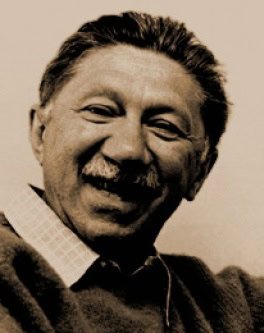
From Inner Practice to Global Action: My Journey as a Volunteer
During my childhood, I endured the tumultuous period of my parents’ impending divorce, a home saturated with conflict and despair, leaving my heart steeped in helplessness and darkness. A turning point occurred during a one-hour wisdom seminar hosted by Tai Ji Men. This brief session instantaneously ignited a beacon of hope in our lives. A profound, calm, and positive energy resonated deeply within us, awakening our collective conscience and prompting introspection, which, in turn, reconnected the profound love and understanding previously dormant within our hearts.
Miraculously, following that event, the atmosphere within our home began to subtly transform—arguments diminished, laughter became more frequent, and mutual understanding and acceptance progressively supplanted misunderstanding and conflict. It was at this juncture that I profoundly realized that conscience is not merely an abstract idea; it is a living power capable of fundamentally altering the realities of life.
Subsequently, I commenced the practice of Qigong and self-cultivation at Tai Ji Men—a cultural and spiritual organization that meticulously integrates ancient Qigong and martial arts with conscience education, preserving a heritage spanning over six millennia. Under the guidance of Dr. Hong Tao-Tze, the Grand Master of Tai Ji Men, I learned to cultivate balance in body, mind, and spirit. More significantly, I learned to approach every challenge with unwavering conscience, profound respect, and boundless love.
I distinctly recall a pivotal question Dr. Hong once posed to us as children: “Since all people must die, what is the meaning of living?” That inquiry profoundly impacted me, becoming the seminal seed of a lifelong quest to understand life’s ultimate purpose—a pursuit that has subsequently shaped every decision I have made.
At Tai Ji Men, our practice extends beyond mere meditation; it fundamentally revolves around action. I have been profoundly privileged to accompany Dr. Hong to numerous international forums, cultural exchanges, and global summits, bearing witness to impactful ceremonies such as the ringing of the Bell of World Peace and Love. Leaders representing diverse religions, nations, and disciplines sincerely ring the bell, pledging hope and committing to positive change. Over the past twenty-five years, Dr. Hong has led us, his self-funded disciples, to visit 114 nations, consistently promoting peace and the awakening of conscience.
Yet, behind this luminous endeavor lies a deep-seated darkness. In 1996, under the pretext of a “religious crackdown,” the Taiwanese government initiated a baseless persecution against Tai Ji Men. Prosecutors manipulated media narratives and exerted undue pressure on the tax bureau to fabricate tax evasion charges. Despite being unequivocally acquitted by Taiwan’s Supreme Court and officially confirmed as innocent with no taxes owed, this profound injustice regrettably persists to this day.
Consequently, since age ten, I have actively participated in public demonstrations to defend freedom of belief. Seventeen years later, now an adult, I continue to advocate for human rights. Dr. Hong’s unwavering example has instilled in me the resolve to never yield in the face of oppression, to transform darkness into light, and to safeguard the world with boundless love. This exemplifies the potent influence of a culture rooted in conscience and peace.
Love manifests in myriad forms, from extending simple smiles to staunchly defending justice. It pulsates within every human heartbeat. Although our individual existence may appear diminutive within the vast cosmos, we persist—resolutely determined to create infinite value within our finite lives. Every awakened conscience ignites a spark of change. Every act of integrity fuels a flame of hope. This transformative journey has also inspired a compelling vision. If we can imbue the spirit of respect and conscience into AI’s training, perhaps future AI can indeed become a vital bridge for understanding, rather than an instrument of division.
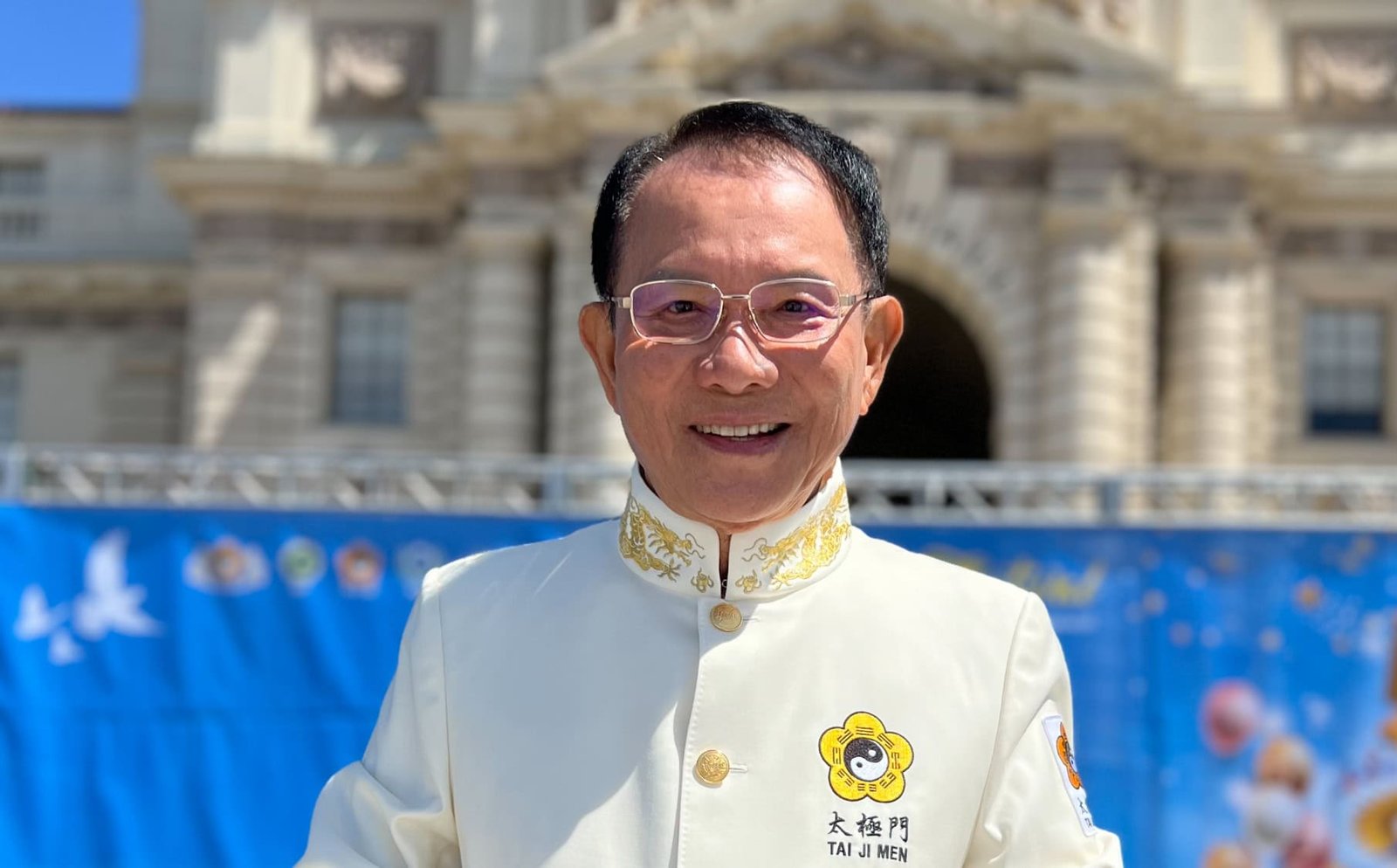
Looking Forward: AI Guided by Conscience
As a graduate student specializing in applied AI, I possess an intimate understanding of this technology’s immense potential alongside its inherent risks—ranging from embedded biases and privacy violations to the subtle manipulation of human values. These challenges directly confront our established moral boundaries.
For this reason, I advocate for AI built upon conscience, conscientiously informed by humanity’s rich cultural wisdom. As both UN Secretary-General António Guterres and former OpenAI researcher Daniel Kokotajlo have sternly warned, “AI without oversight could cause catastrophic harm.”
To effectively address these profound risks, it is imperative to integrate AI with decentralized technologies, such as blockchain, thereby significantly enhancing transparency and accountability. Embedding ethical and spiritual values in training data may yield models capable of contributing to fairer legal decisions and minimizing power abuses. This vision is already emerging in projects like Sahara AI, Vana, and MyShell, which combine blockchain with ethical AI development.
Without the foundational anchor of human conscience, technology risks becoming an uncontrollable, runaway force. Conversely, when guided by conscience, technology holds the profound potential to lead humanity toward an era of peace and enhanced well-being.
Conclusion: Writing the Future with Culture and Conscience
This era represents more than a mere technological revolution; it constitutes a profound moral test.
Some characterize Generation Z as distracted and disoriented. However, I contend that it is a generation in the midst of profound awakening. We are not only questioning outdated paradigms but redefining progress itself. By bridging the past and the future, tradition and innovation, we are weaving technology, culture, and spirituality into a cohesive tapestry, fostering a world where humanity unequivocally takes precedence.
In his post-synodal apostolic exhortation “Christus vivit,” of 2019, the late Pope Francis stated that young people are the hope of the future and must become protagonists of peace. Building upon this powerful exhortation, Dr. Hong Tao-Tze offers a guiding philosophy for how we can achieve this, emphasizing: “Through the promotion of conscience education and a culture of peace, enhancing the self-growth and action strength of youth, we can pay more attention to and support the growth and development of global youth, helping them to be brave, build confidence, and bring more positive energy to society, the nation, and the world.” (International Youth Day: Youth Action Power of Hope—Building a Sustainable Future, August 14, 2024).
Generation Z stands as both digital natives and earnest spiritual seekers. We have matured amidst high-speed data and are awakening to a deeper, higher meaning. We possess unprecedented technological tools and, consequently, bear an unprecedented level of responsibility.
Therefore, let us not merely code with intelligence, but instead ignite the future with conscience. Let love and soul become the very heart of technology. Let every line of code carry not only logical precision, but also warmth, intrinsic value, and enduring hope.
In this machine-driven era, the most revolutionary act may be remembering our humanity— our conscience.
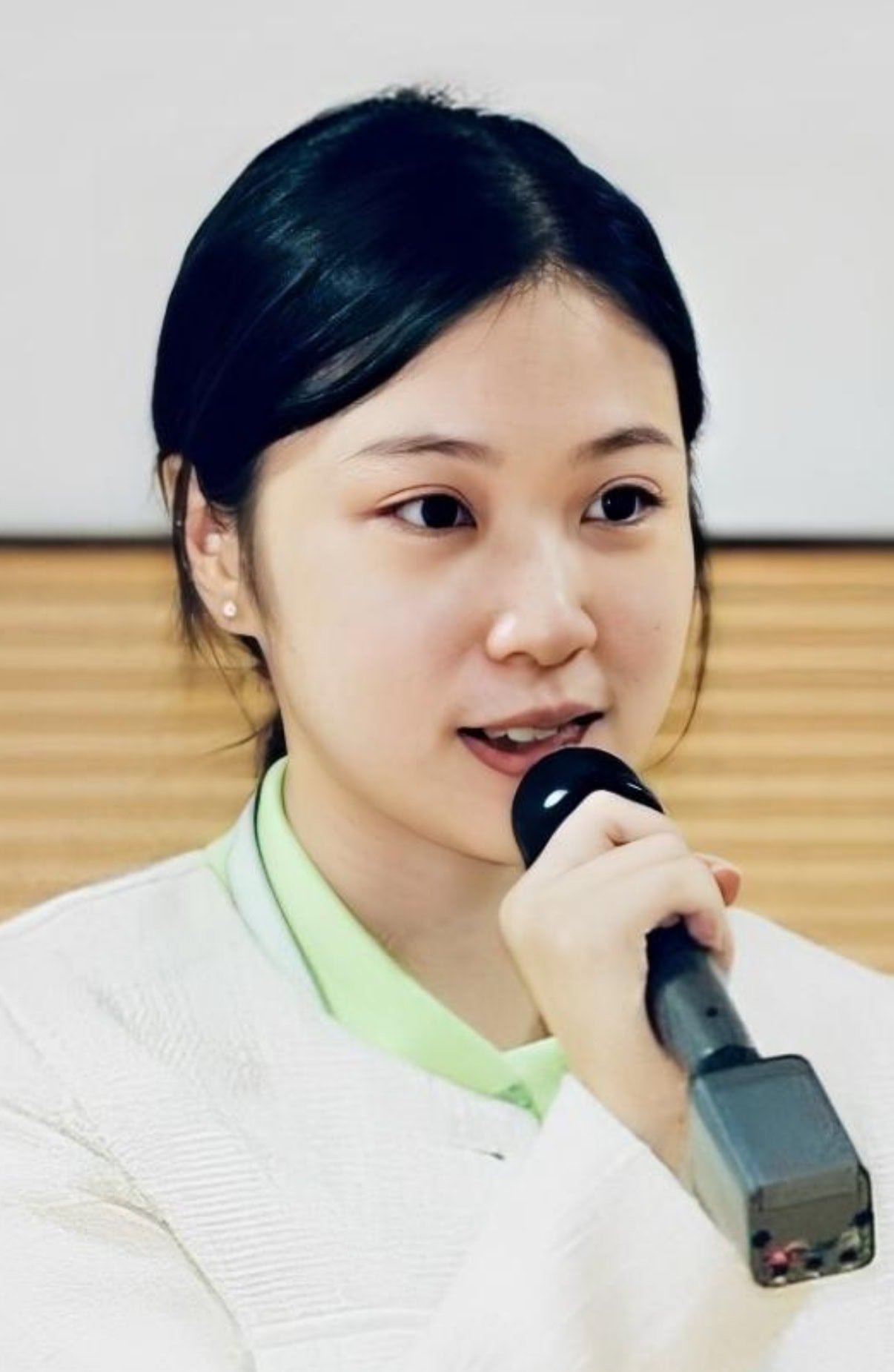
Lillian Lin is a UX/UI designer and a graduate student in the Department of Artificial Intelligence Applications at Ming Chuan University in Taiwan. She joined Tai Ji Men Qigong Academy at the age of 10 and has been practicing Qigong for over 17 years. As a longtime volunteer, she has also participated in numerous international cultural exchanges.


